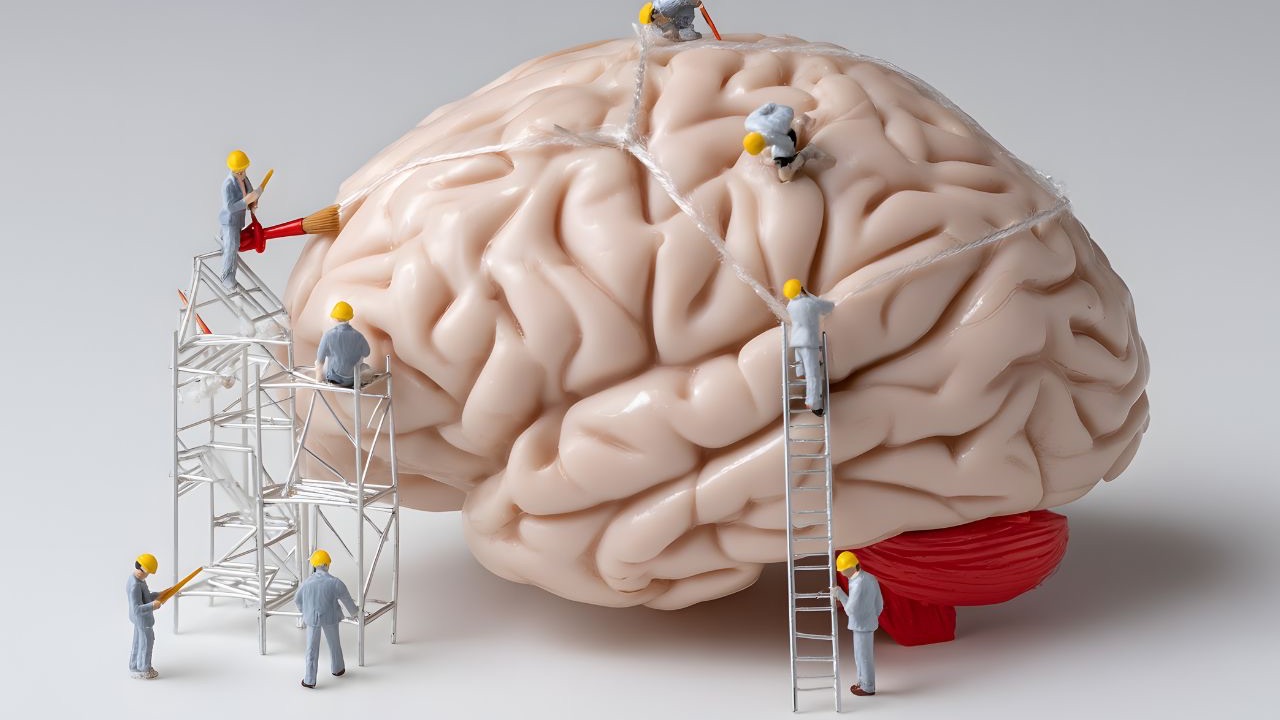The Essential Role of Fairness At Work: A Neuroscience Perspective

![]() April 30, 2024
April 30, 2024
Sarah, a dedicated employee at a bustling tech company, has been a consistent high performer. Despite her hard work and innovative ideas that have significantly benefited her team, she notices a troubling disparity: her efforts are not being recognized equitably. Her colleague John, who has similar achievements, regularly receives public commendations and bonuses. This glaring disparity not only sows seeds of discontent in Sarah but also begins to erode her motivation and trust in the organizational justice of her workplace.
The Ripple Effects of Unfairness
Unfair treatment in the workplace affects more than individual grievances—it poses significant challenges to organizational health, manifesting in reduced job satisfaction, decreased productivity, and increased employee turnover. Neuroscience research has shown that such experiences activate the brain's pain pathways akin to physical pain, which can impair cognitive functions and emotional well-being. Studies by Tabibnia and Lieberman (2007) reveal that when fairness is perceived, reward-processing regions such as the ventral striatum and ventromedial prefrontal cortex are activated, promoting cooperative behaviors and enhancing satisfaction. However, the perception of unfairness leads to the non-activation of these areas, resulting in decreased motivation and performance, thereby negatively impacting workplace dynamics and overall organizational efficiency.
Deepening the Wound
As the unfair treatment of Sarah persists, her sense of alienation increases, leading her to withdraw from team activities and withhold ideas. This behavior typifies a neurological response to stress and social rejection, linked to the activation of regions like the anterior insula, which is associated with negative emotions such as disgust and pain. This reaction is supported by findings from the Ultimatum Game, where individuals often reject unfair offers at a personal cost, indicating a profound neurological need for fairness (Sanfey et al., 2003). The ripple effects of Sarah's withdrawal are observed as her colleagues begin to experience similar feelings, creating a cycle that further degrades team morale and collaboration. This scenario highlights how critical the management of perceptions of fairness is for maintaining a healthy and productive work environment.
Cultivating Fairness and Trust
To restore and enhance fairness and trust in the workplace, organizations can implement several key strategies:
Transparent Decision-Making
- Implementation: Establish clear, standardized procedures for how decisions are made regarding promotions, bonuses, and recognition. This could include detailed guidelines on what performance metrics influence these decisions and who is involved in making them.
- Impact: By demystifying the decision-making process, employees are less likely to feel decisions are made arbitrarily or based on favoritism. Transparency allows employees to understand exactly where they stand and what they need to do to achieve their professional goals, reducing uncertainty and fostering a sense of fairness.
Regular Feedback
- Implementation: Develop a structured feedback system where employees receive consistent, constructive critiques of their work, not just during annual reviews but also through regular one-on-ones and quarterly performance meetings. This should be coupled with training for managers on how to provide effective, empathetic feedback.
- Impact: Frequent feedback sessions ensure that employees like Sarah are continually recognized for their contributions and can promptly address any areas of improvement. This ongoing dialogue prevents the buildup of grievances and helps maintain a positive and transparent atmosphere.
Employee Involvement
- Implementation: Create forums and committees that include employee representation to discuss and influence policies and decisions affecting their work environment. This could range from small departmental meetings to larger steering groups focusing on company-wide initiatives.
- Impact: Involving employees in decision-making processes not only boosts their morale and job satisfaction but also enhances their commitment to organizational objectives. When employees are part of the processes shaping their work lives, they are more likely to view these processes as fair and are more invested in the outcomes.
Fairness Training
- Implementation: Roll out training sessions focused on understanding and combating unconscious bias, recognizing the importance of diversity, and practicing inclusive leadership. These sessions should be mandatory for all levels of management and tailored to meet the needs of various groups within the organization.
- Impact: Training leaders and managers to recognize their biases and practice empathy can significantly influence the culture of a workplace. It equips them to make more impartial decisions and better understand and manage the diverse needs and perceptions of their teams, thereby reducing incidents of perceived unfairness.
By integrating these strategies into their organizational framework, companies can address and mitigate issues of fairness and trust effectively, leading to a more harmonious and productive workplace. Download the PsychASSETS Guide for FREE to learn more about the impact of fairness on individual and organizational well-being, motivation, and performance.
A Fair Conclusion for Sarah
Following the adoption of fairness-focused initiatives, noticeable changes begin to materialize in Sarah's workplace. Her recent achievements are publicly acknowledged in a team meeting, and she is selected to participate in a high-profile project, reflecting a renewed commitment to fairness and recognition by her company. This not only revitalizes Sarah's morale but also reinstates her trust in her employer, demonstrating the profound impact of organizational justice on individual and collective performance.
Establishing a fair workplace is a dynamic and ongoing process that demands vigilance and commitment from every level of an organization. By leveraging insights from neuroscience and psychology, companies can devise more effective strategies to nurture an inclusive and equitable work environment. Fairness is not merely a moral imperative—it is a foundational element that drives employee satisfaction, loyalty, and overall organizational success.





